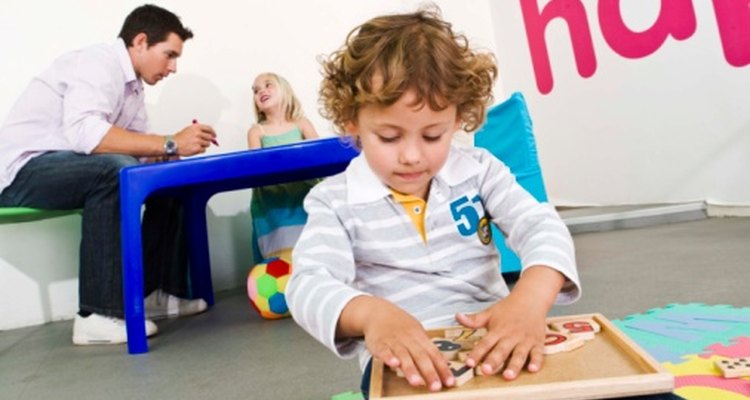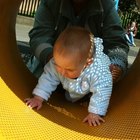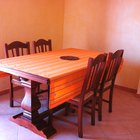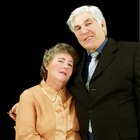
Whenever you take responsibility for someone else’s children, you can expect the state to keep a very close eye on you and your operation. Like other states, Texas enforces multiple rules and many regulations and, in some ways, is stricter than other states. You can’t, for example, operate a child care center in your own home in Texas. Since September of 2003, the address of your care location must be different from the address of your residence.
Training Requirements
Texas law requires that you take a day care center pre-application class before you apply for a day care license. There are two separate classes, one for those intending to operate 24-hour care facilities and another for day care. Contact your nearest Child Care Licensing Office to sign up. There are many licensing offices located around the state and in most major cities.
Day care requires a minimum of 24 hours of training within 90 days of opening your center. You’ll also have to attend ongoing classes for 30 hours a year if you’re personally directing your own day care center. Otherwise, your director must attend.
Submit an Application
Submit an application to the state for a day care license – Form 2910 – along with Form 3010, a fee schedule. It costs $35 to apply for a day care license as of 2017, and the fee is nonrefundable. You can get forms for both the application and the schedule at your nearby Child Care Licensing Office, or you can apply online at the Department of Health and Human Services website if you open an account with the state.
The application asks for information such as how you’ve set up your business entity – whether you plan to operate as a sole proprietor, a partnership or a corporation – as well as how many children you plan to accommodate and what services you’ll offer. You must disclose if you’ve ever been turned down for a license before and provide proof of liability insurance. You must also submit to a fingerprint and criminal history check.
Set Up Your Location
Texas law imposes rules for your day care premises, and you should become familiar with them before you start setting up your location. For example, each child you care for must have his own storage space for personal belongings. These spaces don’t necessarily have to be constructed as part of the building or require special furniture. You can use laundry baskets as long as you have one dedicated to each child. This not only gives kids a sense of belonging and a home base in the midst of a new environment, but it can also help contain communicable illnesses and infestations. You should receive a packet with a full list of the rules when you take your training class. Otherwise, ask your local licensing office for one.
The state will inspect your premises before you open, and you can expect a visit from your local fire prevention official as well. Annual sanitation inspections are required after you open.
Related Articles

How to Start an Adult Day Care Center ...

Requirements for In-Home Daycare in ...

How to Open a Daycare Center in ...

How to Open a Daycare in North Carolina

How to Obtain a Child Care License in ...

State of Ohio Home Based Child Care ...

Qualifications to Enter a State-Run ...

What Is the Difference Between Licensed ...

How to Apply for Welfare Benefits in ...

How to Get Paid to Care for a Relative

How to File for Legal Separation in ...

Welfare Assistance Qualifications in ...

How to Get Paid for Caring for Your ...

Programs to Take Care of a Disabled ...

Church Nursery Requirements

Day Care Safety & Hazard Checklist

How to Help a Homeless Person if He Is ...

How to Get Rental Assistance for Seniors

Difference Between Profit & Non Profit ...

Pennsylvania Grants for Adopted Children
References
Resources
Tips
- Texas requires day care center director/administrator applicants to pass a credentials test. Applicants may be required to attend 40 hours of credentialing courses.
- Consider gaining accreditation through the National Association for the Education of the Young Child.
Warnings
- Don't cut corners. Doing so will only delay getting your licence and reduce the quality of your center.
Writer Bio
Beverly Bird is a professional writer who is also a practicing paralegal in the areas of divorce and family law. She has offered community workshops for single parents, helping them with the financial and lifestyle issues they often face.
Photo Credits
Jupiterimages/Goodshoot/Getty Images